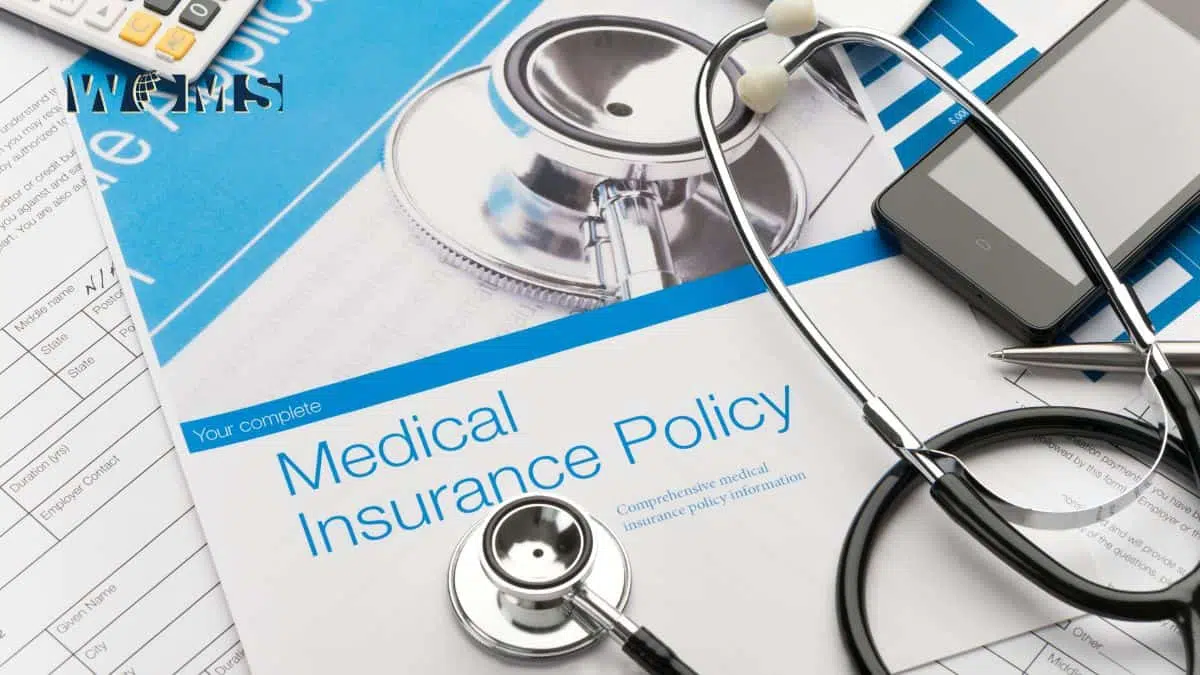Lesser Known Tax Perks Of Medical Insurance Policies You Should Know

It goes without saying that you must have health insurance to secure financial security in the event of a medical emergency. When you have a secured plan in the form of medical insurance coverage, protecting your health and the health of your family is a less stressful endeavor since the financial strain is reduced.
A health insurance policy, however, also provides tax deductions for your income tax returns in addition to providing financial protection. By doing so, you can benefit from a financial safety net for medical care and tax advantages for any payments you make to your insurance provider.
This article talks about a few tax advantages that come with health insurance policies but aren’t usually talked about.
Also Read: Top-up and super top-up plans: Which one is better?
In India, taxpayers can claim tax deductions for the premium paid towards medical insurance under Section 80D of the Income Tax Act, 1961. The maximum deduction available for this purpose depends on the age of the insured person and the type of policy.
The deduction limit for individuals below the age of 60 years is:
- Up to Rs. 25,000 for the premium paid towards medical insurance for self, spouse, and dependent children.
- An additional deduction of up to Rs. 25,000 for the premium paid towards medical insurance for parents who are less than 60 years of age.
Therefore, an individual health insurance policy can let you claim a maximum deduction of up to Rs. 50,000 (Rs. 25,000 for self, spouse, and dependent children + Rs. 25,000 for parents) under Section 80D of the Income Tax Act.
For senior citizens (individuals aged 60 years or more), the maximum deduction limit is:
- Up to Rs. 50,000 for the premium paid towards medical insurance for self, spouse, and dependent children.
- An additional deduction of up to Rs. 50,000 for the premium paid towards medical insurance for parents who are 60 years of age or more.
Therefore, a senior citizen can claim a maximum deduction of up to Rs. 1,00,000 (Rs. 50,000 for self, spouse, and dependent children + Rs. 50,000 for parents) under Section 80D of the Income Tax Act.
It’s important to note that the total deduction claimed under Section 80D cannot exceed the total amount of premium paid towards medical insurance. Also, the premium should be paid by any mode other than cash to be eligible for the tax deduction.
Tax deduction for preventive health checkup
Taxpayers can claim tax deductions for the expenses incurred towards preventive health check-ups under Section 80D of the Income Tax Act, 1961. The deduction is available for expenses incurred for self, spouse, dependent children, and parents.
The maximum deduction available for preventive health check-ups is up to Rs. 5,000, which is within the overall limit of Rs. 25,000 or Rs. 50,000 (depending on the age of the insured person) for medical insurance premium under Section 80D. Therefore, if an individual has already claimed the maximum deduction available for medical insurance premium, they cannot claim any additional deduction for preventive health check-ups.
To claim the deduction for preventive health check-ups, it is important to ensure that the payment is made through any mode other than cash. Also, the preventive health check-up should be for the taxpayer or their family members, and not for any other person. The expenses incurred for preventive health check-ups should also be supported by bills and receipts.
Tax deduction for critical illness
In India, taxpayers can claim tax deductions for the premium paid towards critical illness insurance policies under Section 80D of the Income Tax Act, 1961. However, the deduction for critical illness insurance premium is available only if the policy is specifically designed to cover critical illnesses.
The deduction limit for critical illness insurance premium is within the overall limit of Rs. 25,000 or Rs. 50,000 (depending on the age of the insured person) for medical insurance premium under Section 80D. Therefore, if an individual has already claimed the maximum deduction available for medical insurance premium, they cannot claim any additional deduction for critical illness insurance premium.
The maximum deduction available for critical illness insurance premium is up to Rs. 25,000 for self, spouse, and dependent children, and an additional deduction of up to Rs. 25,000 for parents who are less than 60 years of age. For senior citizens (aged 60 years or more), the maximum deduction available is up to Rs. 50,000.
You must make sure that the policy must be specifically designed to cover critical illnesses such as cancer, heart attack, kidney failure, stroke, etc. Also, the premium payment for critical illness insurance policy should be made through any mode other than cash to be eligible for the tax deduction. The expenses incurred for critical illness treatment are not eligible for tax deduction under Section 80D.
Tax deduction for HUF
A Hindu Undivided Family (HUF) can also get health insurance tax benefit for the premium paid towards health insurance policies under Section 80D of the Income Tax Act, 1961. The deduction is available for health insurance policies taken for any member of the HUF.
The maximum deduction available for health insurance premium is up to Rs. 25,000 for any member of the HUF, and an additional deduction of up to Rs. 25,000 for parents who are less than 60 years of age. For senior citizens (aged 60 years or more), the maximum deduction available is up to Rs. 50,000. Therefore, an HUF can claim a maximum deduction of up to Rs. 50,000 or Rs. 1,00,000 (depending on the age of the insured person) under Section 80D for the premium paid towards health insurance policies for its members.
It is important to note that the total deduction claimed under Section 80D cannot exceed the total amount of premium paid towards health insurance policies. Also, the premium should be paid by any mode other than cash to be eligible for the tax deduction.
The deduction under Section 80D is allowed for medical insurance policies taken from any registered insurer in India, covering hospitalization and domiciliary hospitalization expenses incurred by the insured person. The policy should also comply with the guidelines set by the Insurance Regulatory and Development Authority of India (IRDAI).
Conclusion
If you still haven’t purchased a health insurance plan for you and your family, do it right away. Obtain coverage against healthcare-related costs in addition to outstanding tax advantages. It is important to note that the tax benefits mentioned above are subject to change as per the Income Tax Act. It is advisable to consult a tax expert or chartered accountant to understand the tax implications of your medical insurance policy
Also Read: How to Finance Your Medical Expenses




